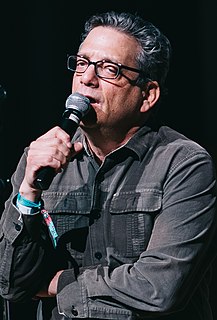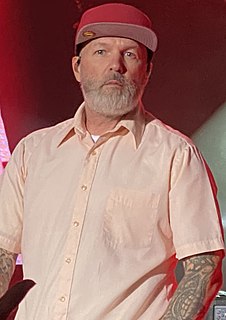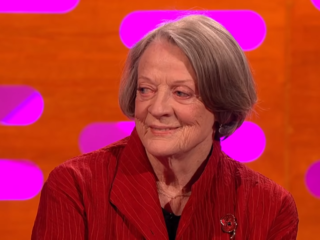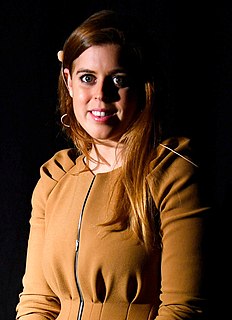A Quote by Robert Creeley
Suddenly the whole imagination of writing and editorial and newspaper and all these presumptions about who am I reading this, and who else other people may be, and all that, it's so grimly brutal!
Related Quotes
When I was younger, I was diagnosed with dyslexia, which meant, for me, sitting in front of a book was really hard - until I discovered Harry Potter, and this character, this 11-year-old boy, who suddenly gets off to school for the first time, captured my imagination, and suddenly reading was fun. Reading was inspiring, and I was motivated.
We ought not to confine ourselves either to writing or to reading; the one, continuous writing, will cast a gloom over our strength, and exhaust it; the other will make our strength flabby and watery. It is better to have recourse to them alternately, and to blend one with the other, so that the fruits of one's reading may be reduced to concrete form by the pen.
It is a bit more challenging for the simple fact that now the stories I am writing are relying more on my imagination than on facts, more on research than on memory; so it is basically a slower writing process, more reading, more exploring. On the other hand, this approach is a little bit relieving too, since many times while writing [How the Soldieer Repairs the Gramophone] I felt too close and equal to my character.
The written word is weak. Many people prefer life to it. Life gets your blood going, & it smells good. Writing is mere writing, literature is mere. It appeals only to the subtlest senses—the imagination’s vision, & the imagination’s hearing—& the moral sense, & the intellect. This writing that you do, that so thrills you, that so rocks & exhilarates you, as if you were dancing next to the band, is barely audible to anyone else.







































